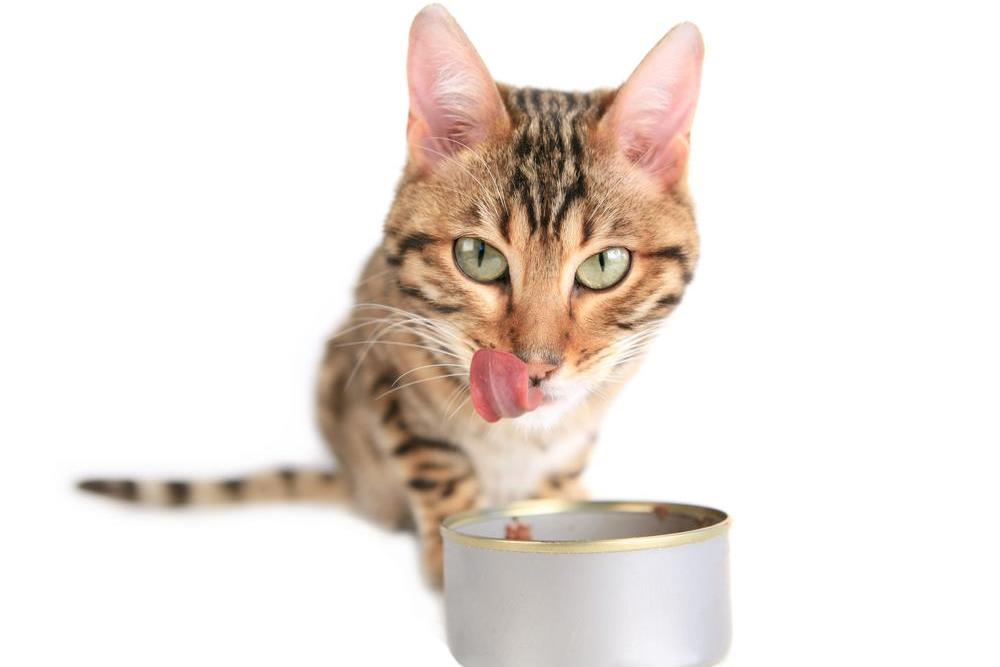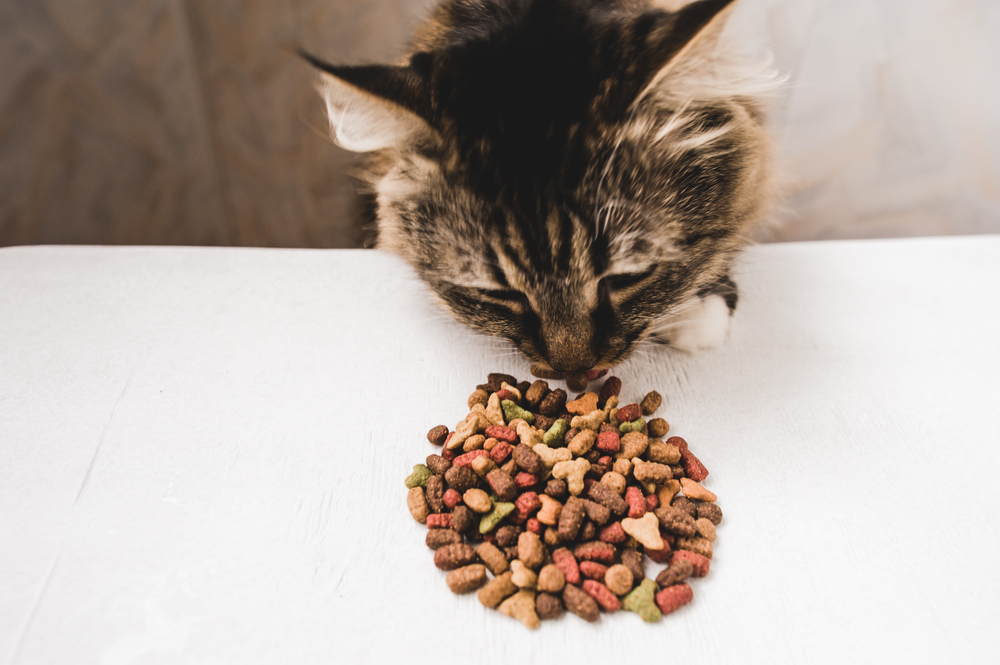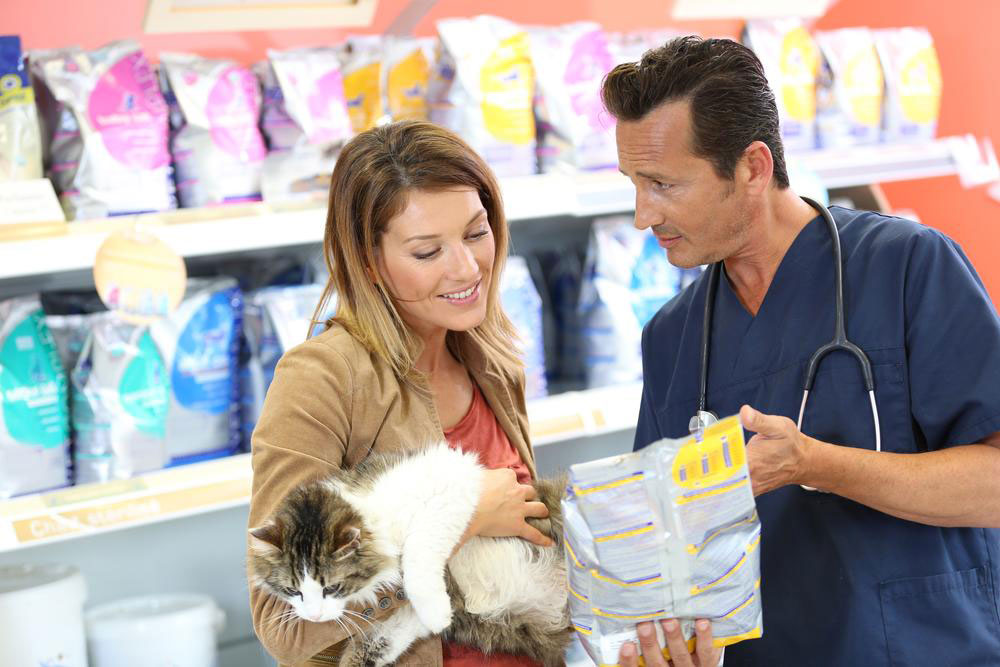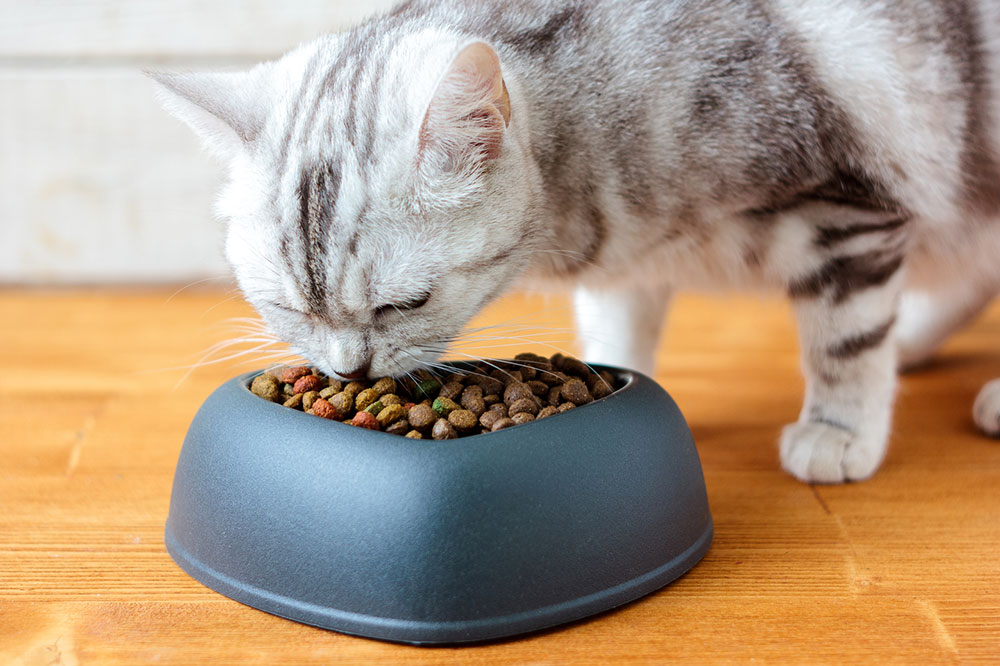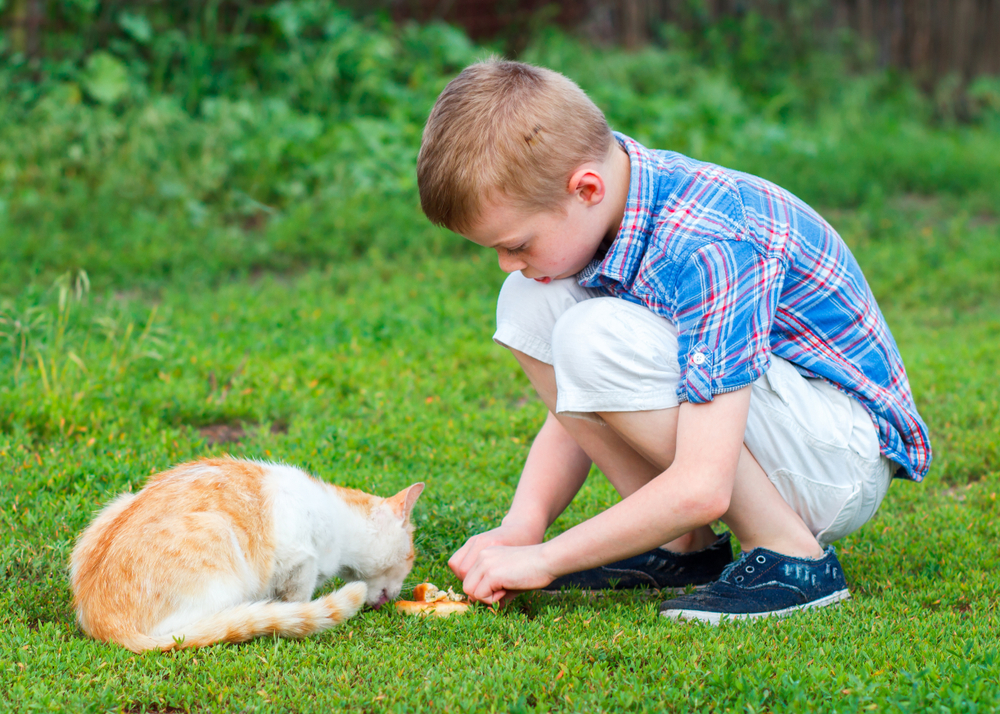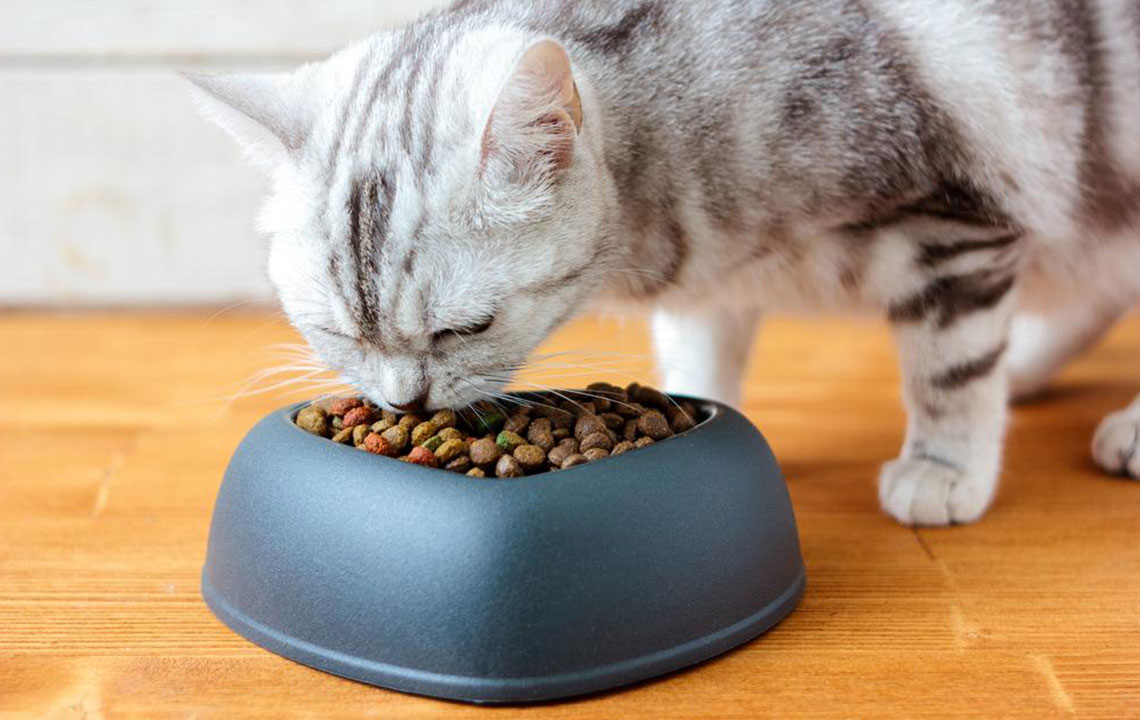Ultimate Guide to Safe Human Foods for Cats: What You Can Share With Your Feline Friend
Discover a comprehensive guide on safe human foods for cats to ensure their health and happiness. Learn which foods are safe, how to serve them properly, and avoid dangerous ingredients. This detailed article offers important tips for responsible feeding, helping you bond with your feline friend while maintaining their well-being. A must-read for cat owners who want to share tasty, safe snacks with their pets without risking their health.
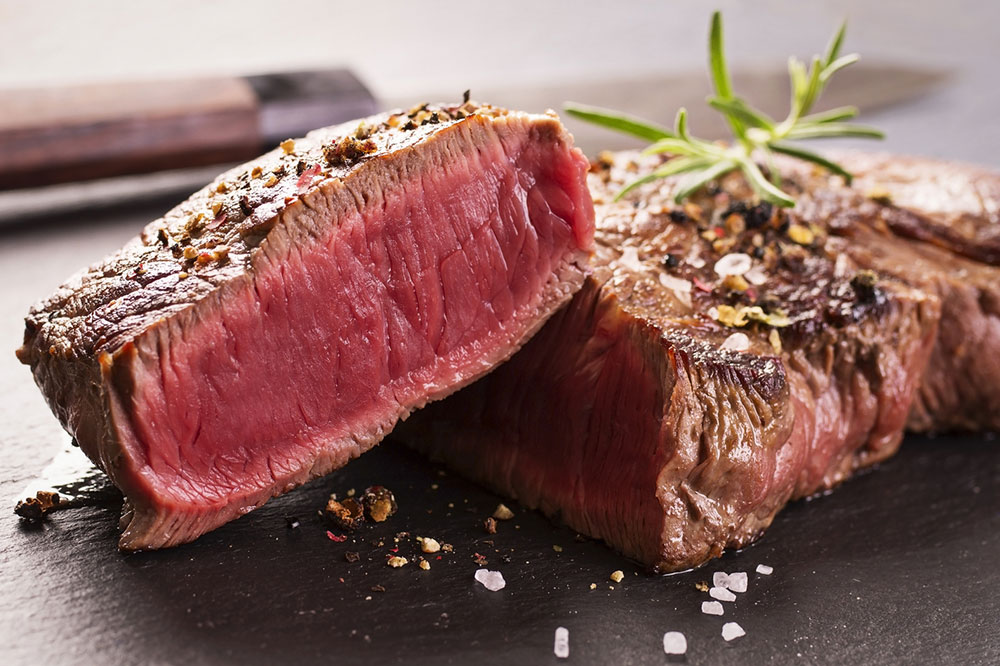
Ultimate Guide to Safe Human Foods for Cats: What You Can Share With Your Feline Friend
Ensuring your pet's well-being goes beyond providing a comfortable environment; it also involves careful attention to their diet. Cats, being obligate carnivores, have unique dietary needs, and not all human foods are safe for them. While it can be tempting to share your meal with your feline companion, understanding which foods are safe and beneficial in moderation is crucial to prevent health issues. Sharing a small, approved snack can also serve as a bonding moment between you and your cat, fostering trust and affection. Here, we explore a comprehensive list of human foods that are safe for cats, including tips on how to serve them properly and avoid potential hazards.
Why is Dietary Safety Important for Cats?
Cats have a specialized metabolism that requires a diet high in animal proteins and specific nutrients like taurine, arachidonic acid, and vitamin A. Their digestive systems are less tolerant of certain foods that are common in human diets, such as onions, garlic, grapes, and chocolate, which can be highly toxic. Feeding your feline friend the wrong foods can lead to gastrointestinal upset, nutrient imbalances, or even life-threatening conditions. Therefore, knowing what human foods are safe, how to prepare them, and how often to feed them is essential for maintaining their health and happiness.
Approved Human Foods for Cats: In-depth Guide
Meat: Cats are obligate carnivores, meaning their diet naturally consists mainly of meat. Small portions of cooked poultry like chicken or turkey, and lean beef, are excellent protein sources. Remember to serve meats without seasoning, spices, or excessive salt, as these additives can be toxic or cause digestive issues. Avoid processed meats such as sausages or deli meats that often contain preservatives and high sodium levels.
Eggs: Cooked eggs are rich in essential amino acids, vitamins, and minerals, making them a nutritious treat. Serve boiled or scrambled eggs without added butter, milk, or salt. Ensure eggs are fully cooked to eliminate the risk of Salmonella contamination, which can affect both humans and pets.
Cheese: Many cats enjoy cheese, and it provides calcium and protein. Offer small amounts as an occasional treat; however, monitor your cat for lactose intolerance, which can cause diarrhea and other digestive discomfort. Hard cheeses like cheddar or Swiss are preferable, and always serve in moderation.
Fruits: Bananas, Melons, and Others: Fruits like bananas are high in potassium and vitamins but contain natural sugars, so they should be given sparingly. Melons such as cantaloupe or honeydew are hydrating and low in calories, with seeds removed to prevent choking. Avoid fruits like grapes and raisins, which are toxic to cats.
Vegetables: Carrots, Spinach, and Pumpkin: Many cats enjoy crunchy vegetables like cooked carrots—serve them softened to prevent choking. Spinach offers iron and vitamins but should be cooked to reduce oxalates that may affect kidney health. Pumpkin is an excellent fiber source that assists with digestion, hairball control, and overall gastrointestinal health.
Grains: Oatmeal: Cooked oatmeal provides dietary fiber and iron, making it a safe occasional treat if served in small quantities. Avoid flavored oatmeal containing added sugars or artificial ingredients.
Guidelines for Feeding Human Foods to Cats
Before offering any human food to your cat, consider the following guidelines:
Always serve foods in small, manageable portions—cats have small stomachs and can develop gastrointestinal issues from overfeeding.
Use plain, cooked, and unseasoned foods. Avoid ingredients like garlic, onions, chives, or anything containing artificial additives or preservatives.
Observe your cat's reactions when introducing new foods. Some cats may have allergies or sensitivities.
Consult your veterinarian before adding new foods to your cat’s diet, especially if they have underlying health conditions.
Limit human food treats to no more than 10% of your cat's daily caloric intake to prevent nutritional imbalances.
Foods to Avoid at All Costs
While many human foods are safe in small amounts, some are outright dangerous for cats. These include:
Onions, Garlic, Leeks: These contain compounds that can damage red blood cells, leading to anemia.
Chocolate: Contains theobromine, which is toxic to cats and can cause seizures, heart issues, and even death.
Grapes and Raisins: Highly toxic, potentially causing sudden kidney failure.
Alcohol: Even small amounts can be fatal.
Xylitol: An artificial sweetener found in sugarless gum and candies, which can cause insulin release leading to hypoglycemia.
Raw Meat, Eggs, or Fish: May contain parasites or bacteria that can harm your cat.
Conclusion: Responsible Sharing for a Healthy Cat
Sharing human foods with your cat can be a delightful experience when done responsibly. Always prioritize safe, unseasoned, and cooked foods that cater to a cat’s unique dietary needs. Regularly consulting your veterinarian helps ensure that your feline friend enjoys varied, nutritious, and safe treats. Remember, treats should complement their regular balanced diet, not replace it. Your awareness and careful choices contribute significantly to your cat's health, longevity, and happiness. By understanding which human foods are safe and beneficial, you can foster a happy and healthy bond with your feline companion while avoiding potential health hazards.
